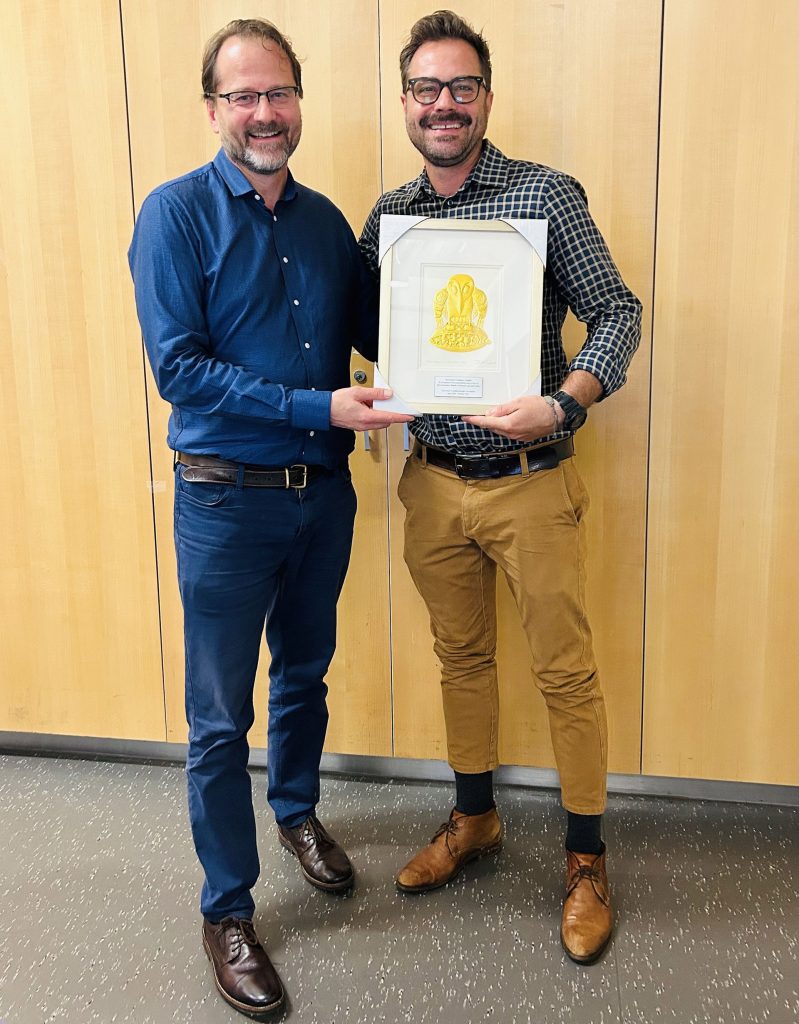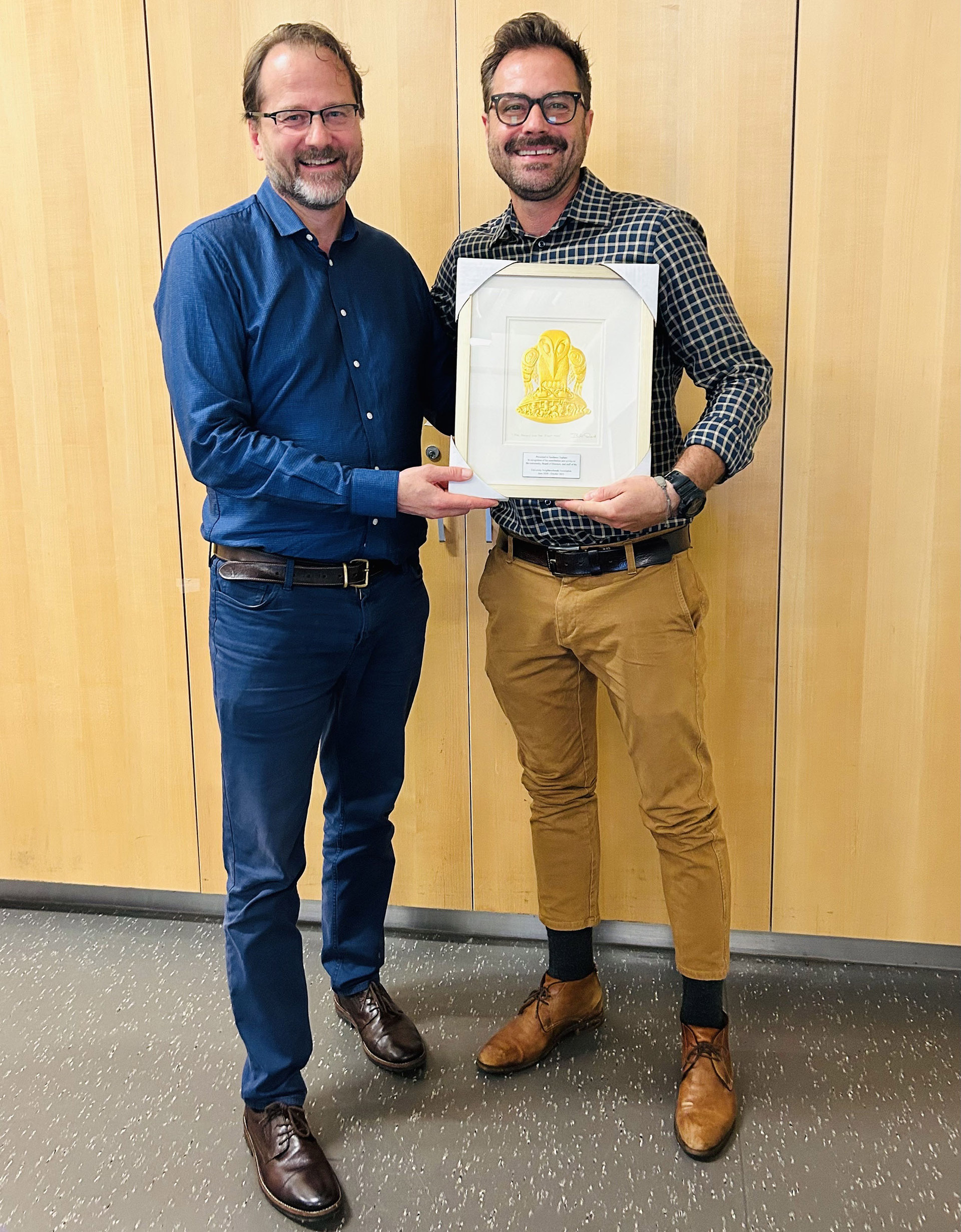In May 2020, roughly two months after the B.C. government declared a state of emergency in response to the COVID-19 pandemic, Sundance Topham decided to take a new job.
It was a precarious time for many, perhaps more so for Topham.
In addition to taking on the role of chief administrative officer with the UNA, he also made the move to Vancouver with his family from Cumberland—a small town with a population of just under 4,500 on central Vancouver Island.
In Cumberland, and previously in the village of Wells, Topham held roles as a chief administrative officer. That background allowed the UNA to boast in a media release it had recruited an individual with “a wealth of experience in local government management with demonstrated success in helping organizations, elected officials and communities realize their potential.”
But the time has now come for Topham to do something different. Citing family reasons, he announced he was stepping down in June. His final day with the UNA was Oct. 31.
Topham was honoured for his service at the board’s monthly meeting Oct. 17. The board was sad to see him go and Topham too was a bit wistful as he talked about his departure at the meeting.
“I say this with all honestly that it has been a pleasure working with this board,” he said. “I’m really happy to have played a role, it has been great and I can’t wait to see how you will grow going forward.”
The Campus Resident caught up with Topham just before his departure to hear his thoughts on this most recent episode of his career.

How would you describe the past three-and-a-half years?
The last three and a-half years have been filled with learning, which is appropriate for a setting such as UBC. Getting to know a completely new governance structure, building new relationships, and understanding and moving forward [with] new opportunities has been really interesting. It’s been a satisfying experience, working with truly impressive people in a wonderful environment. I’ve really enjoyed my experience working for the UNA.
You took on this role in the midst of the pandemic. What was that like?
Starting in the midst of the pandemic was quite surreal. Not only the experience of getting to know a new organization, but the whole process of moving my family to the city and getting everyone acclimated to a new world. Luckily, we have great employees at the UNA, and some significant building blocks—especially in regard to IT for remote work—were already in place, and that made the whole shift easier to navigate. I will say it was quite interesting though, as I didn’t actually get to meet many of my key external contacts in person for a long time despite interacting with them online. Considering the craziness of the world, I’d say it all went quite well.
What are some of the most significant changes you’ve seen within the UNA and the university neighbourhoods?
The biggest shift that I’ve noticed since I started has been the real sense that UNA residents want more of a say as to what is happening in their community from a land use and environmental sustainability perspective. The UNA governance is quite unique, and people who move to the UNA neighbourhoods are used to having more of an opportunity to interact with the decision makers on key land use and sustainability decisions.
While the UNA has an elected board who do a great job of advocacy, the land use planning and sustainability decisions are made by UBC and the UBC Board of Governors. I think residents feel that they don’t really have proper access to this decision-making body, or that their voice is not being heard. This will be an interesting thing to monitor as the community continues to grow.
You have spent a significant portion of your career working with small local governments. What do you find most rewarding with this kind of work?
I really like affecting positive change and helping solve problems, and I find that working in smaller local governments (or local government-like organizations) affords me this opportunity. The work of a chief administrative officer can be quite influential and when elected officials, staff and community members all work together, communities can accomplish pretty amazing things.
If you had to choose, what is your favourite variety of apple?
I used to be a Gala guy, but I’ve been digging the Fujis lately.
What are some words of advice you can offer for the UNA’s next chief administrative officer?
Take time to listen and learn—bringing past experience is great, but keep an open mind.
What’s next?
The family has moved back to Vancouver Island, and the plan is to take a break to do some travelling before starting a new role.
EMMANUEL SAMOGLOU IS THE MANAGING EDITOR OF THE CAMPUS RESIDENT.

